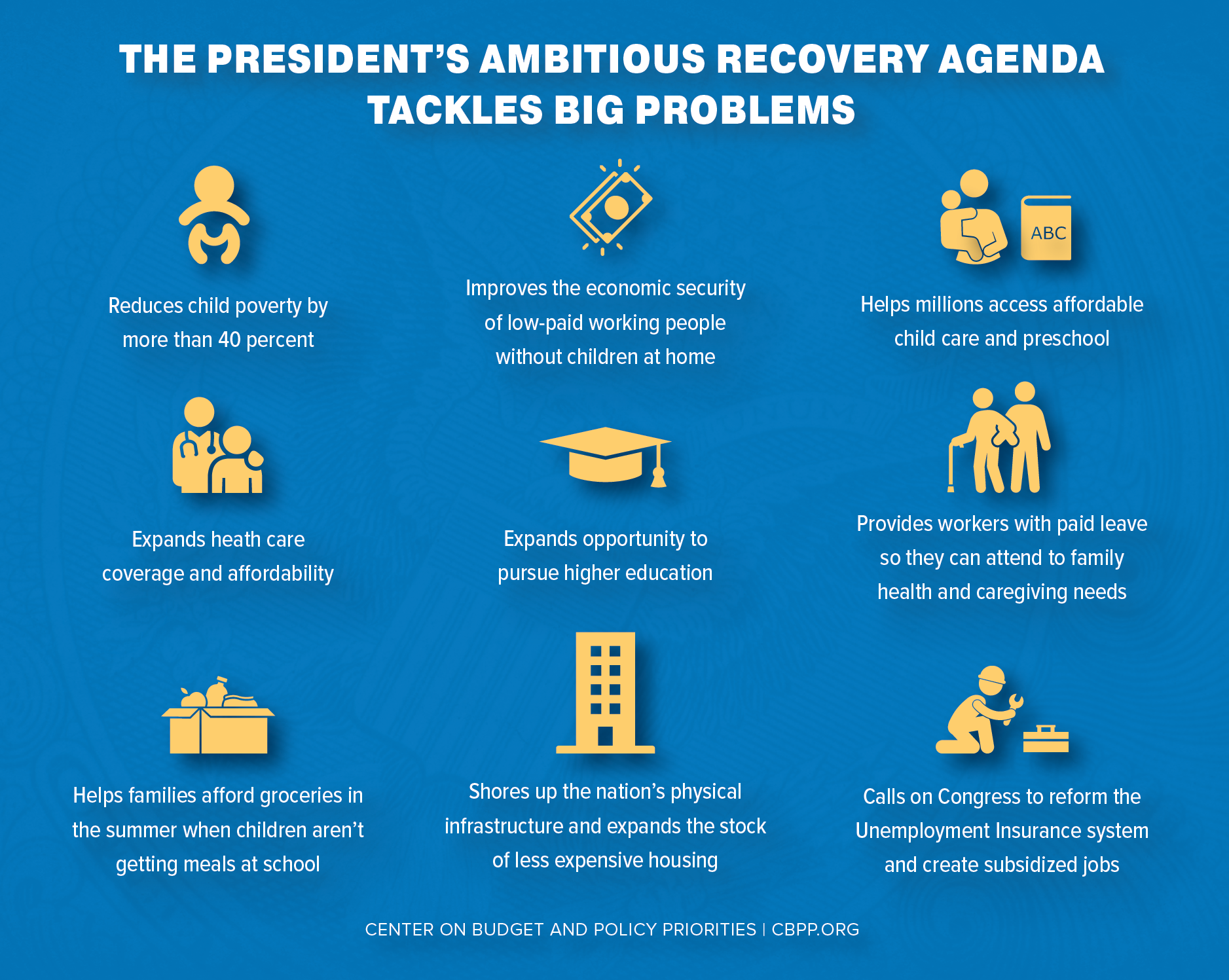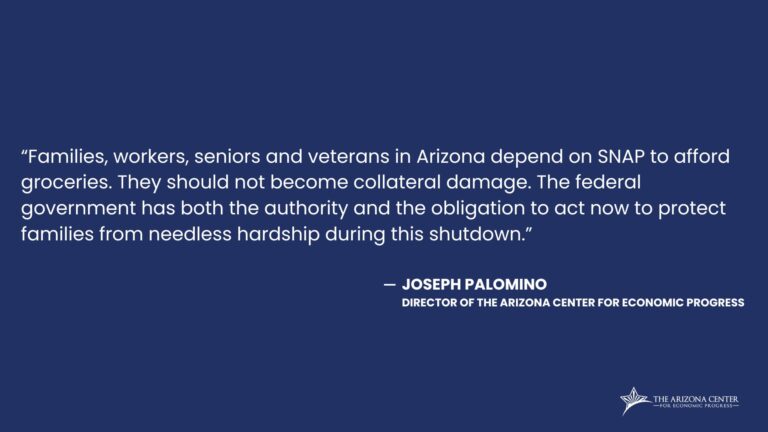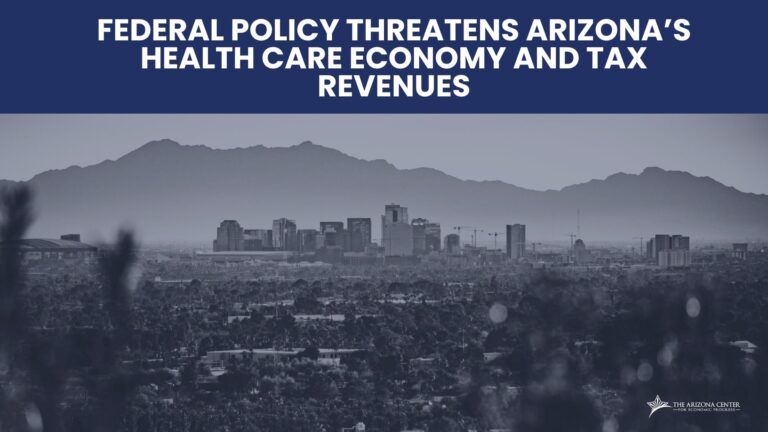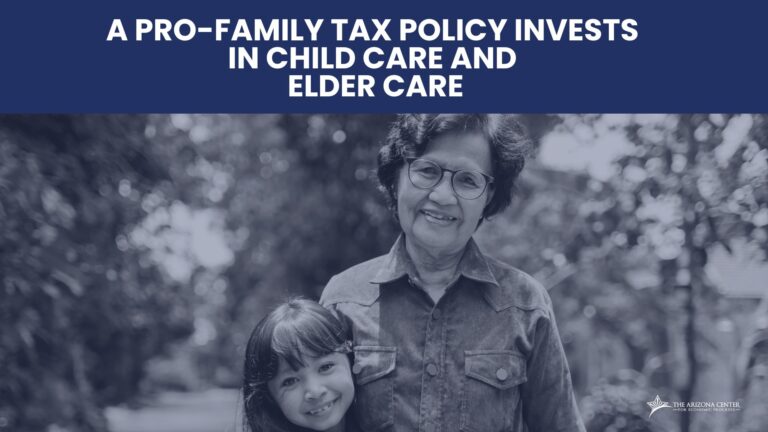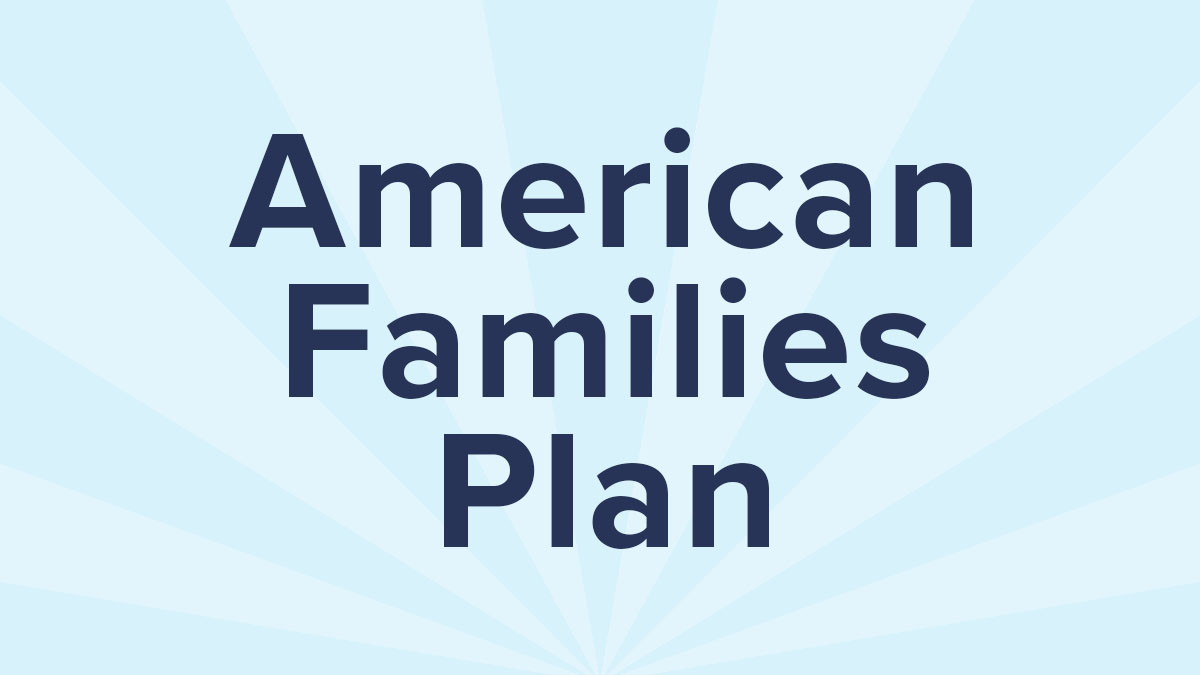
American Families Plan is a Historic Chance for a Strong, Equitable Recovery for Arizona
President Biden’s announcement of the American Families Plan puts us one step closer to seizing the historic opportunity to build a stronger recovery and a more equitable economy. The Arizona Center for Economic Progress calls on Arizona’s congressional delegation to move swiftly to build on the President’s proposals and craft legislation that improves the health and economic security for children, families, and working people across the state. The recently-enacted American Rescue Plan is already providing much-needed relief to the people of Arizona. But that relief is temporary. We can’t stop there if we want to build a better economy for Arizonans, many of whom will continue to struggle to make ends meet as our state emerges from the pandemic.
The pandemic and its economic fallout have exposed and in many cases deepened glaring, long-standing problems that have held back families for decades. Racial and ethnic disparities in our state, deeply rooted in racism and discrimination, mean that Black, brown, Indigenous, and immigrant families face starkly unequal opportunities and outcomes in education, employment, health, and housing. Nearly 725,000 Arizonans (including 143,000 children) were uninsured even before the pandemic, despite progress under the Affordable Care Act. Many families in Arizona can’t afford housing, child care, food, or other basic needs, and face serious economic instability if they lose their job.
The forthcoming economic recovery legislation should address these challenges to build a more equitable economy — one where everyone has health coverage and can get the care they need, where all our children have food on the table and a roof overhead, and where all our families can make ends meet. The President’s proposals in the American Jobs & Families Plans represent a ground-breaking agenda and include many important policies to get us there. But Congress will need to address shortcomings in certain areas and add more details to the broad outlines that the President has put forward.
We urge Congress to craft recovery legislation that ensures that: (1) everyone has access to affordable health coverage, housing, nutrition, and child care, (2) all children can reach their full potential, protected from hardship by a permanent expansion of the Child Tax Credit and other investments, (3) low-paid working people are supported by a permanent expansion of the Earned Income Tax Credit, (4) our unemployment insurance system is strong and modern enough so that people out of work through no fault of their own can make ends meet until they can get back to work; and (5) subsidized jobs are available to people who face barriers in the labor market and struggle to find employment.
Our wealthy nation can afford to make these critical investments — and can’t afford not to. For decades, people at the very top and corporations have reaped outsized gains and used special tax breaks and loopholes to avoid paying all the taxes they owe. It makes sense, as the President has proposed, to ask the wealthiest among us and corporations to pay a fairer share of federal taxes to fund the investments that would help build an economy that works for all of us.
